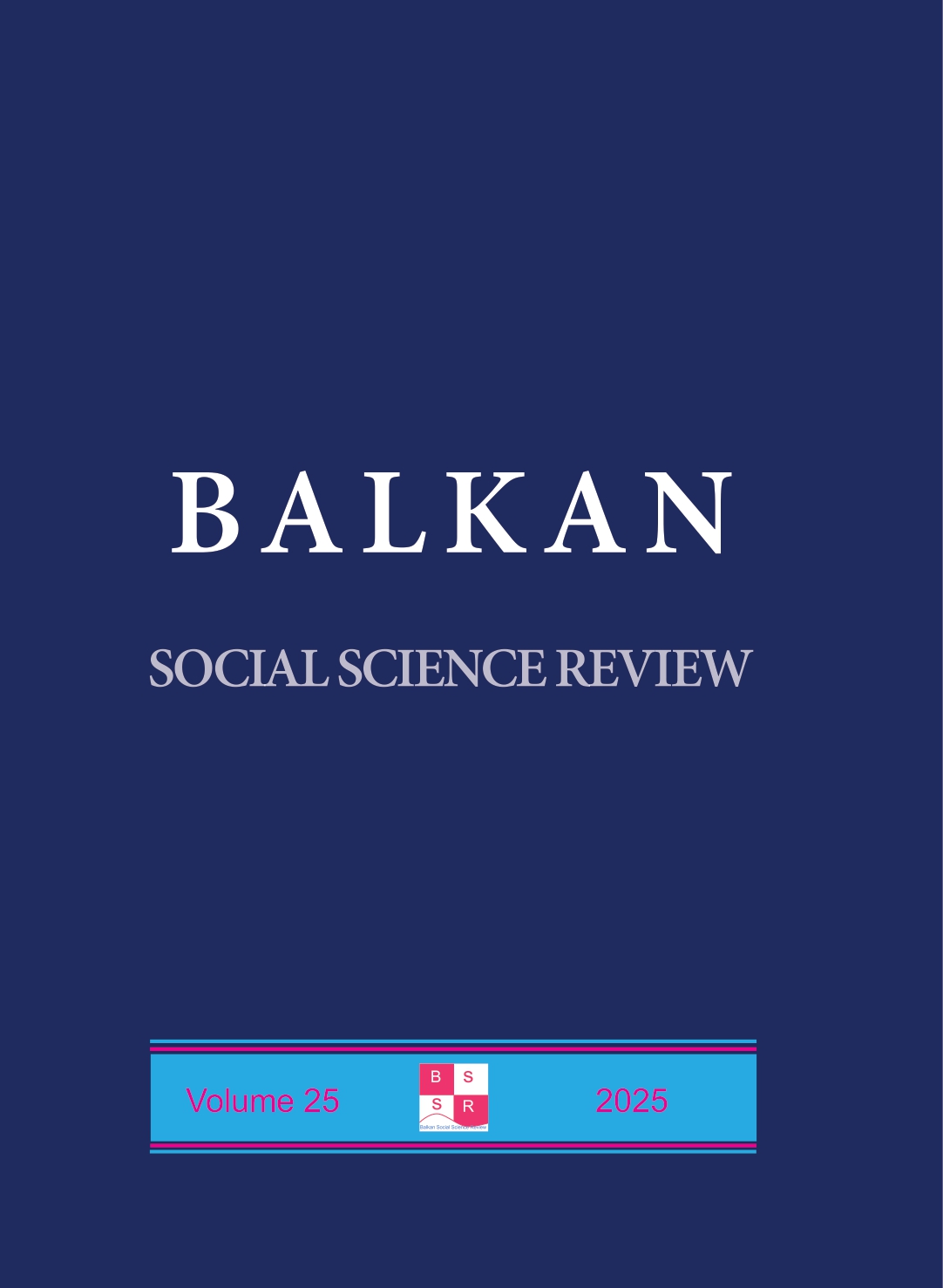RETHINKING POWER SHARING: ASSESSING MODELS THROUGH EXPERT INSIGHTS IN THE BALKANS
DOI:
https://doi.org/10.46763/BSSR252525265sAbstract
The paper examines expert assessments of the effectiveness, sustainability, and integrative potential of power-sharing institutions in three post-conflict Balkan polities—Bosnia and Herzegovina, North Macedonia, and Kosovo—with Montenegro serving as a control case. Drawing on an original survey of 111 scholars and civil-society representatives, the study quantifies expert perceptions of institutional performance, the risk of renewed conflict, and the role of international actors. The findings reveal a common pattern: while power-sharing arrangements have delivered short-term conflict containment and ensured ethnic representation, they have fallen short of fostering durable inter-ethnic integration. By contrasting these results with the more moderate Montenegrin evaluations, the article shows that the lasting intensity of wartime legacies—rather than institutional design alone—shapes expectations of political stability and reconciliation. Methodologically, the study demonstrates the added value of expert surveys for capturing post-conflict dynamics that escape conventional datasets. Substantively, it refines the debate on when and how power-sharing can move beyond elite accommodation to societal integration, providing a baseline against which future longitudinal and comparative research can be gauged.
Downloads
Downloads
Published
Issue
Section
License
Permissions
Authors are expected to obtain permission from copyright holders for reproducing any illustrations, tables, figures or lengthy quotations previously published elsewhere. BSSR will not be held accountable for any copyright infringement caused by the authors.
Copyright
The content offered in the BSSR remains the intellectual property of the authors and their publishers respectively. University “Goce Delcev”- Shtip, R. Macedonia and BSSR keap the right to promote and re-publish the texts.


